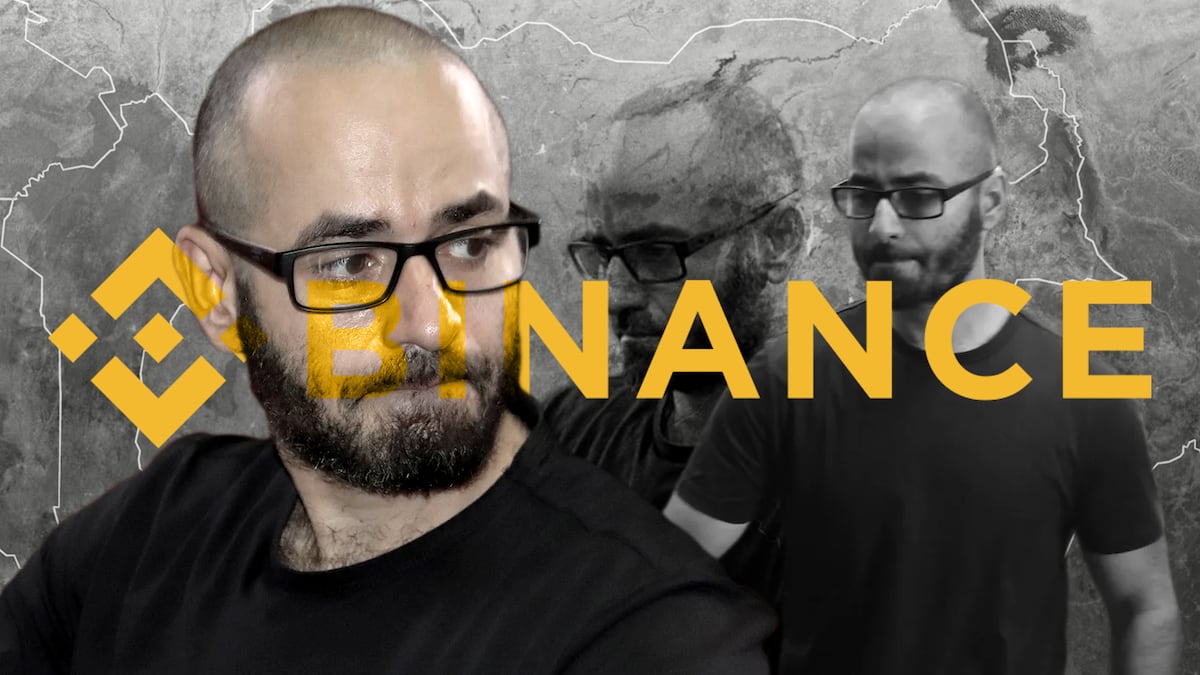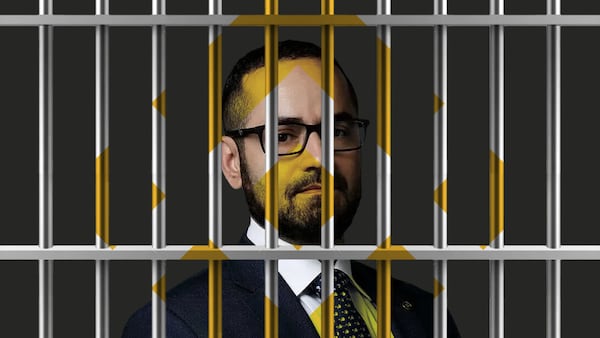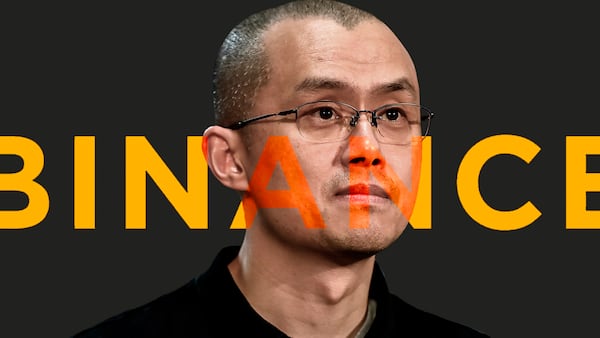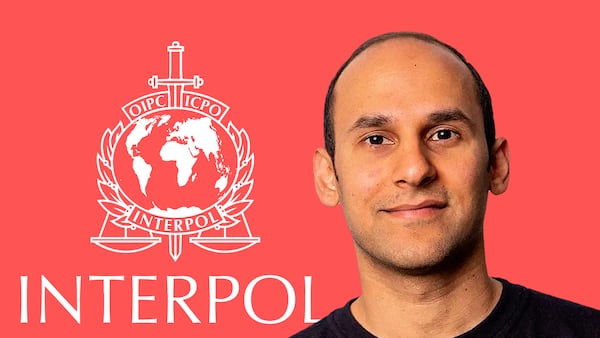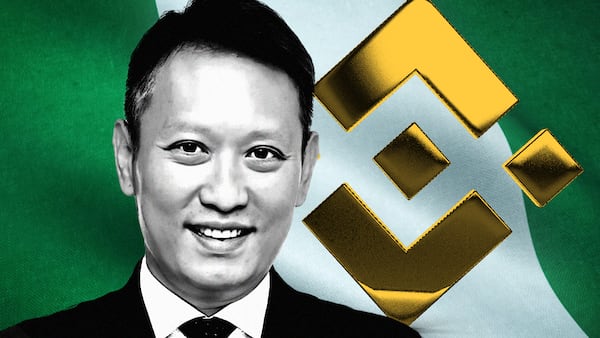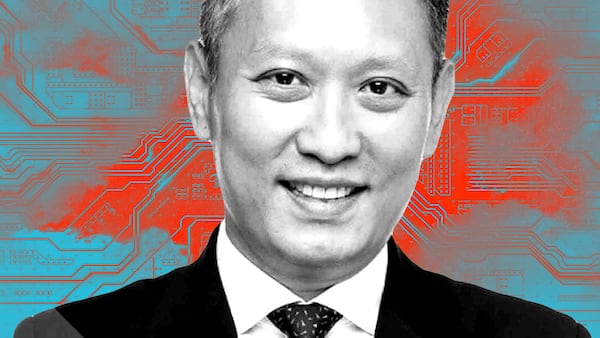When Binance executives Tigran Gambaryan and Nadeem Anjarwalla landed in Nigeria at the end of February they were expecting to talk with government officials about solving key issues involving the exchange.
Instead, they wound up detained in a government “guest house” and then Gambaryan was incarcerated with little hope of making bail.
Anjarwalla managed to escape the country in late March, and Nigerian officials charged Binance and the two men with money laundering and tax evasion.
The company and the two men have denied the charges. As Gambaryan’s imprisonment exceeded 100 days, Binance CEO Richard Teng accused Nigerian officials of soliciting a $150 million bribe from the company.
Now Gambaryan will stand trial beginning on Friday, his 40th birthday, further deepening the crisis.
Here is a timeline of the developments so far:
February 22
DL News reports that Nigerian anti-corruption and security authorities have launched a wide-ranging investigation into Binance’s suspected facilitation of currency manipulation and illicit finance transactions on its platform. The country’s telecommunications regulator also blocks access to the crypto exchange’s website.
February 28
DL News breaks the story that Nigerian authorities detain Gambaryan and Nadeem Anjarwalla, Binance’s Kenya-based regional manager, after talks break down.
March 5
Binance delists the naira from its platform and withdraws all of its services in Nigeria leaving its estimated 13 million users in the country scrambling for alternatives.
‘I personally have not felt any sense of urgency or understanding for our situation from the [US] State Department.’
— Yuki Gambaryan. ,Tigran's wife
March 18:
Nigerian court orders Binance to disclose user data for millions of customers to the authorities.
March 22
Aanjarwalla eludes his guards after a prayer service at a mosque in Abuja and uses his Kenyan passport to fly out of Nigeria.
March 29
Nigeria’s anti-corruption agency, the Economic and Financial Crimes Commission, charges Binance, Gambaryan, and Anjarwalla with money laundering and related charges.
April 3
Binance breaks its long silence on the case and tells DL News Gambaryan “does not have decision-making authority” and should not be held by Nigerian authorities.
April 4
Gambaryan appears in court for his arraignment but cannot enter a plea after Nigerian officials make procedural mistakes.
April 5
Gambaryan is transferred to an underground jail cell maintained by the EEFC.
April 8
Gambaryan pleads not guilty to five-count money laundering charge and is remanded to medium-security prison until his bail hearing on April 19.
April 23
After repeated delays, Nigerian court finally conducts bail hearing for Gambaryan and postpones ruling until May 17, which is after his trial is set to start.
April 29
Nigerian authorities freeze 1,100 bank accounts of crypto traders as crackdown widens.
April 30
A senior Interpol official said Anjarwalla was tracked to Kenya and the international police agency had issued a red notice for his detainment and potential extradition to Nigeria.
May 7
Binance CEO Richard Teng breaks long silence on the crisis and shares key details of events preceding the detainment of Gambaryan and Anjarwalla in February. He laments the “deeply distressing... ordeal” that Gambaryan, his family, and his friends have been forced to endure.
May 9
Nigeria’s Ministry of Information dismisses Teng’s accusation officials demanded a $150 million bribe from Binance to settle the dispute as “lack[ing] substance.” Officials tell DL News an investigation has been launched into the allegation.
With reporting by Callan Quinn
Edward Robinson is the story editor at DL News. Contact the author at ed@dlnrews.com.
Osato Avan-Nomayo is our Nigeria-based DeFi correspondent. He covers DeFi and tech. To share tips or information about stories, please contact him at osato@dlnews.com.


